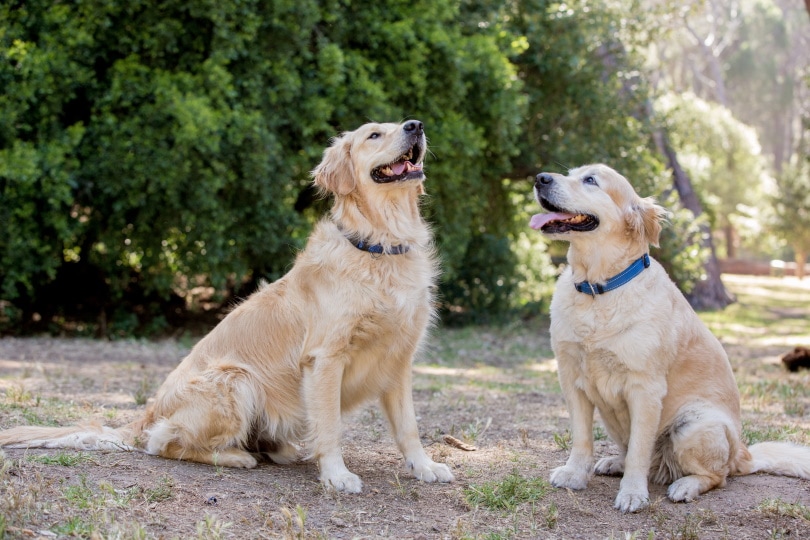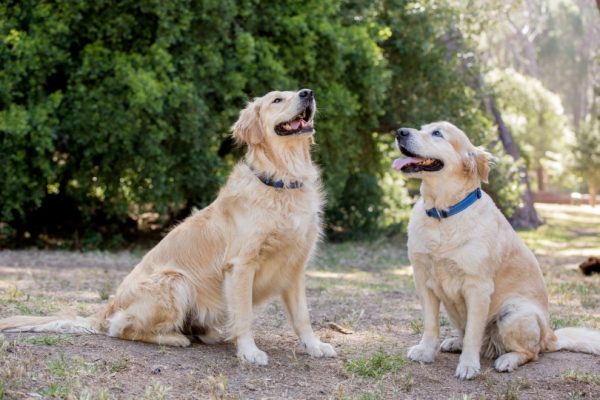Click to Skip Ahead
Everyone knows the Labrador Retriever. They have been a remarkably popular dog for decades, to the point that they have almost become synonymous with the traditional American household.
Breed Overview
Height:
21 – 25 inches
Weight:
55 – 80 pounds
Lifespan:
10 – 12 years
Colors:
black, yellow, chocolate
Suitable for:
Families looking for a loyal dog that is eager to please and energetic
Temperament:
Calm, affectionate, energetic, intelligent, loyal
Though the long-haired Labrador retrievers aren’t much different from their short-haired companions, some critical differences in grooming should be noted. Beyond that, the dogs share similarities in nearly every other category, such as their history, popularity, and interesting quirks.
If you are trying to decide if a long-haired lab is right for you or are simply curious about your furry friend, keep reading and learn something new!
Labrador Characteristics
The Earliest Records of the Labrador Retriever in History
Believe it or not, the Labrador retriever did not originate from the Labrador Territory, even though that is where its namesake comes from. Instead, the breed was discovered on an island south of Labrador Territory: Newfoundland.
It is here in Newfoundland that a notable ancestor of the Labrador retriever was born. Due to fishermen from various European countries roaming the area, their dogs were often bred together. This eventually led to the creation of the St. John’s Dog, known today as the ancestor of modern retrievers.
Although the dog no longer exists today, its excellence in swimming and hunting paved the way for Labrador retrievers. It was deliberately bred to bring out the skills hunters and fishermen desired, leading to the creation of the Labrador retriever.
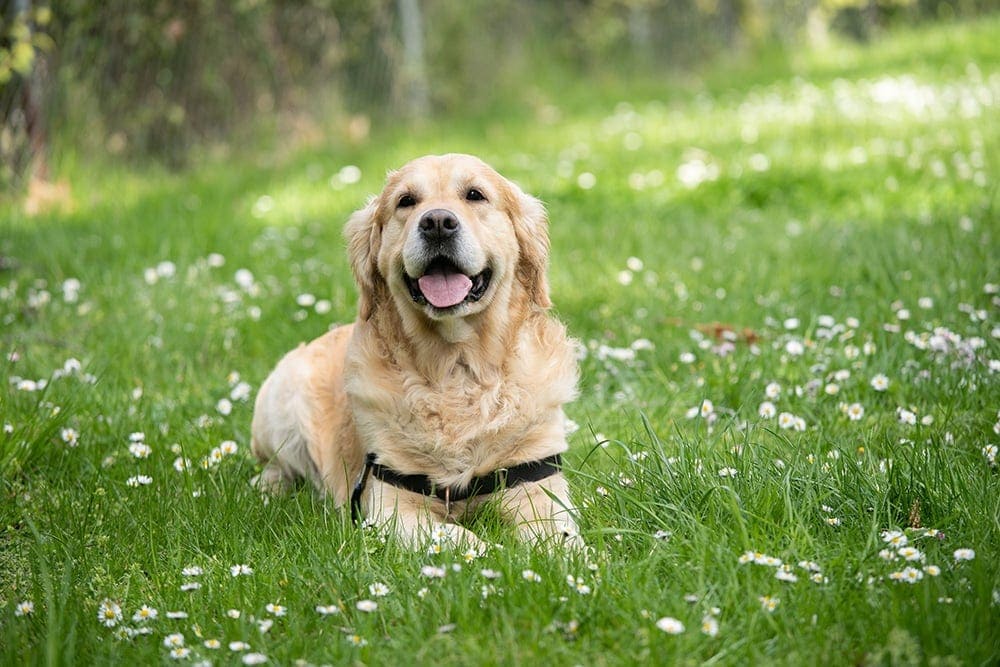
How Labrador Retrievers Gained Popularity
As we discussed, Labrador retrievers were designed to help humans with hunting and fishing. In the modern day, those tasks aren’t as common for labs. Often, Labrador retrievers are kept as friendly family pets rather than hunting partners.
Why the switch? Well, it might have something to do with their excellent temperament.
The Labrador retriever’s gentle nature made it an incredible hunting partner and an even better companion.
With Labrador retrievers being so adept at companionship, it is only natural that the breed would expand beyond hunters and anglers. The Labrador retriever reached the American Kennel Club’s number one spot in 1991 and has remained there ever since.
Formal Recognition of Labrador Retriever
In 1917, the American Kennel Club recognized the Labrador retriever as a breed. This closely followed the Kennel Club’s acknowledgment in England, which recognized the Labrador retriever as a breed in 1903.
However, there is a bit of controversy over the long-haired Labrador retriever. Although the American Kennel Club recognizes long-haired Labrador retrievers, they are also given a penalty for not having a shorter coat.
Beyond the length of their coat, there is no significant difference between the conventional Labrador retriever and the long-haired Labrador retriever. Their genetics are otherwise the same. Still, the American Kennel Club considers the long-haired Labrador retrievers to be nonconforming to the proper standards of the breed, and they are penalized.
Top 5 Unique Facts About Long-haired Labrador Retrievers
Now that we have learned about this breed’s history and background, let’s take a moment to discuss a few interesting facts!
1. They Love Water
Labrador retrievers were bred for swimming. It is only natural that they would love to be in the water! Due to their thick tails, webbed feet, and insulating coats, the canines can stay in water for a long time before getting cold or tired.
2. They Come in Three Main Colors
If you know anything about Labrador retrievers, you have probably heard about the three main colors they can have: yellow, chocolate, and black.
Some suggest that different coat colors indicate different personalities, but no evidence supports this claim. Labrador retrievers have their own unique personalities that are not dependent on the color of their fur.
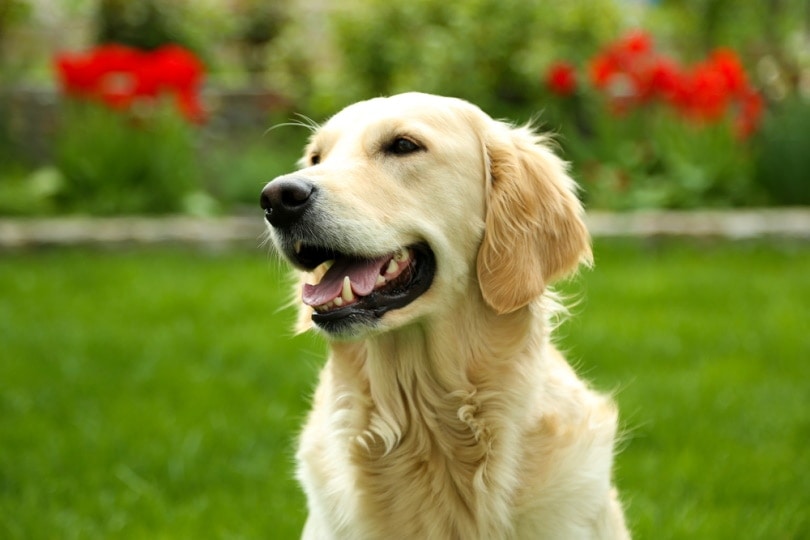
3. They are Versatile
Labrador retrievers have a diverse skill set. They can excel in several competitions such as dock diving, hunting trials, agility tests, rally events, and displays of obedience. This is largely due to their intelligence, discipline, and desire to cooperate.
4. They are Energetic
Labrador retrievers are lively! Although they can be calm and cuddly, they are an energetic breed always eager for activity. If they do not have an adequate outlet for the energy, they can cause mischief trying to release it. Training and socialization are essential for Labrador retrievers to ensure their energy is put in the right places.
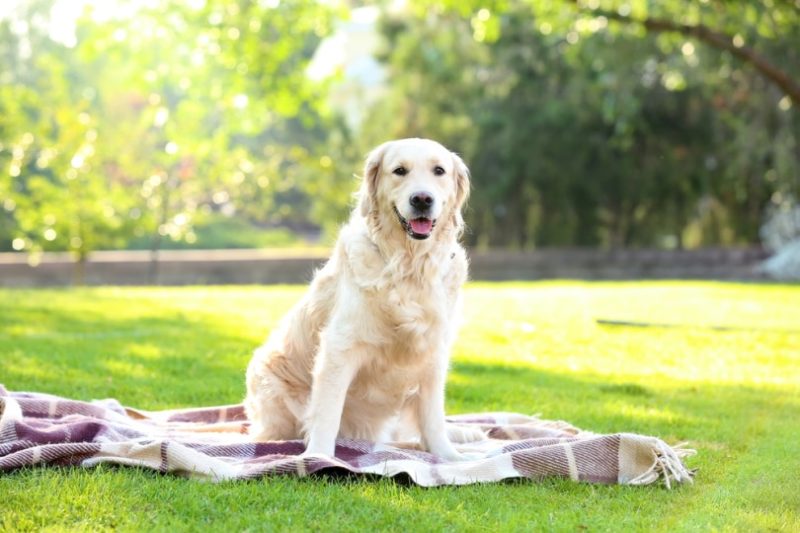
5. They are Very, Very Social
Labrador retrievers are incredibly affectionate dogs. They love the humans who take care of them, enjoy meeting strangers, and play with everyone. They are even eager to be around other dogs!
Does the Long-haired Labrador Retriever Make a Good Pet?
Labrador retrievers make excellent family pets. They are loving, energetic, and social. They enjoy people and other pets, and they are wonderful with children. For the conventional Labrador retrievers, grooming is relatively easy; brush them daily and bathe them occasionally.
Long-haired Labrador retrievers shed a lot because of their dense double coat, and they shed all year round. So, they need to be brushed often. Just like their counterparts, you should bathe them occasionally and ensure their teeth are brushed, and their nails are clipped frequently.
Summing Up
Long-haired Labrador retrievers may look slightly different than those with shorter hair, but it doesn’t change their personalities. Their hearts are just as full of love for you (and the rest of the world) as they would be with short hair. They are the same adorable, affectionate pups as the short-haired versions but with a little extra fluff to love.
Featured Image Credit: McCann Michelle, Shutterstock

